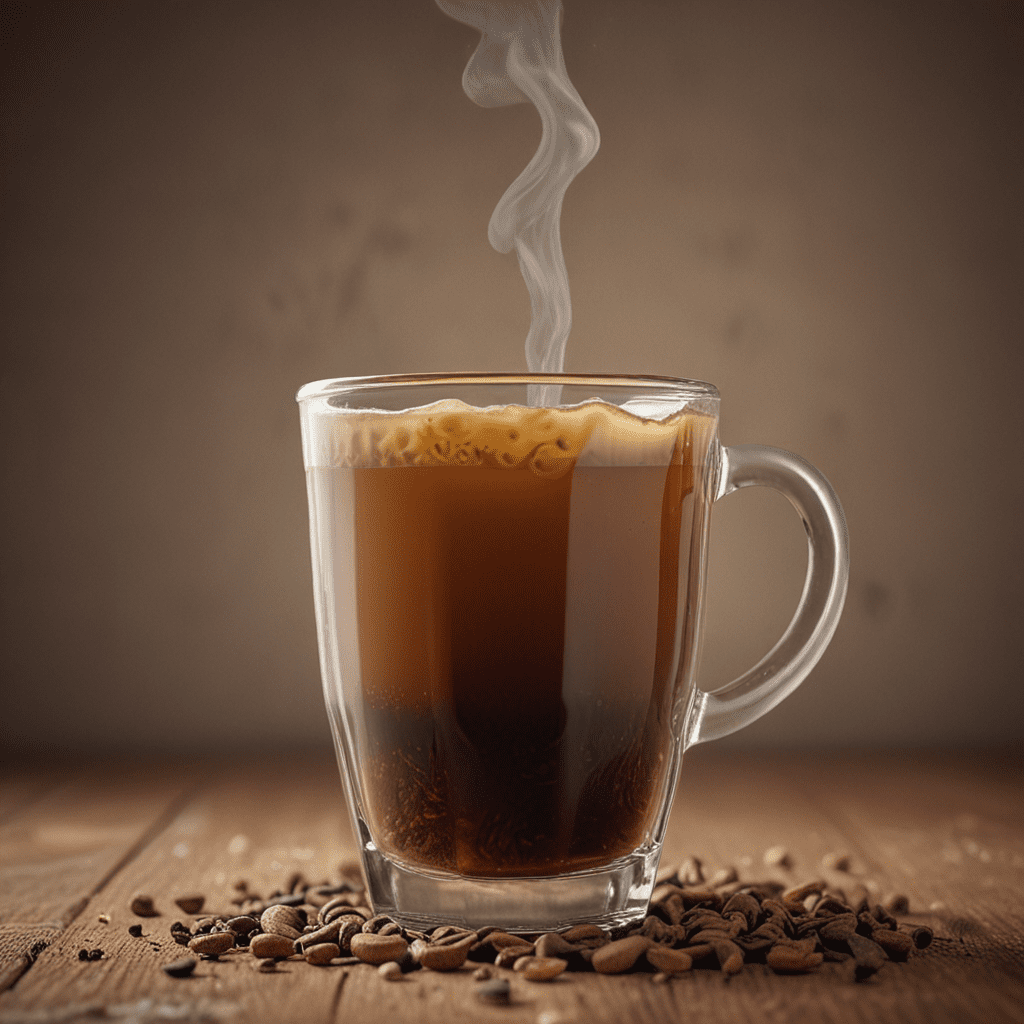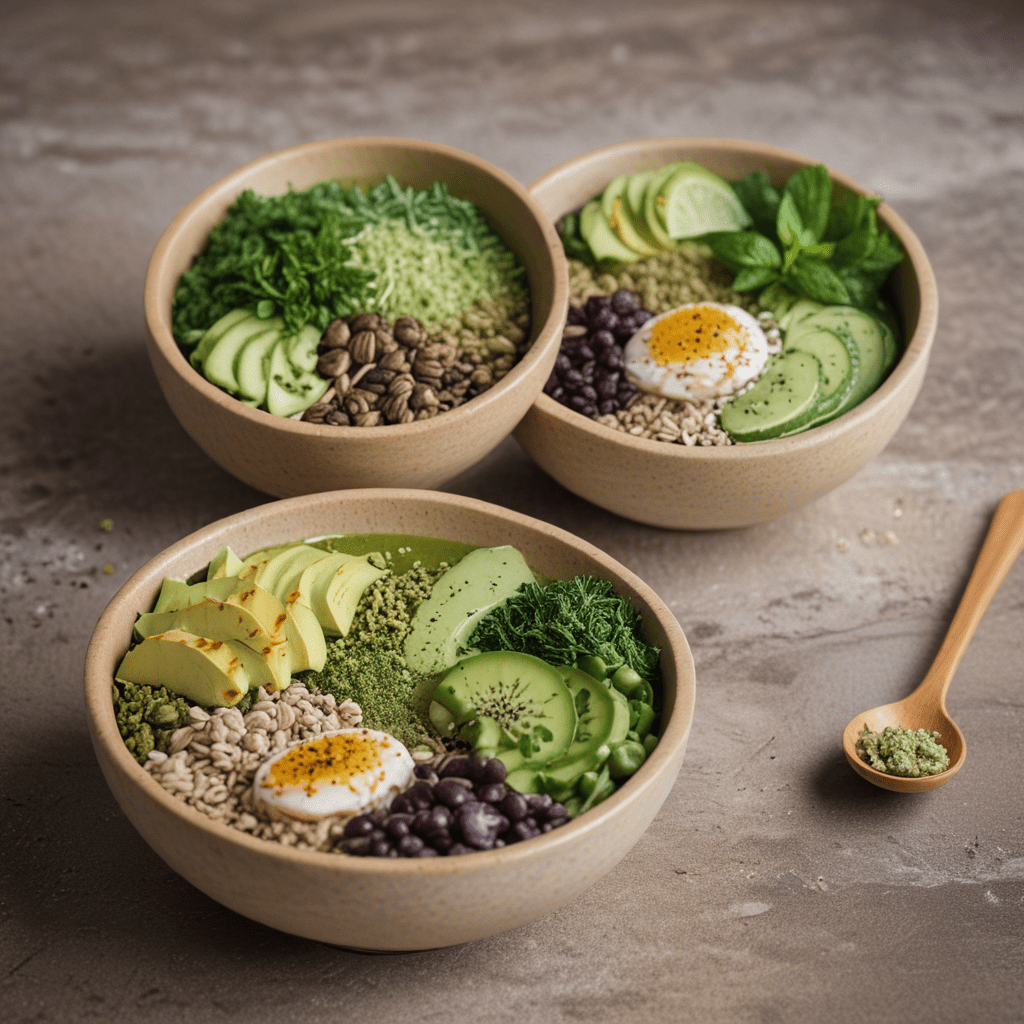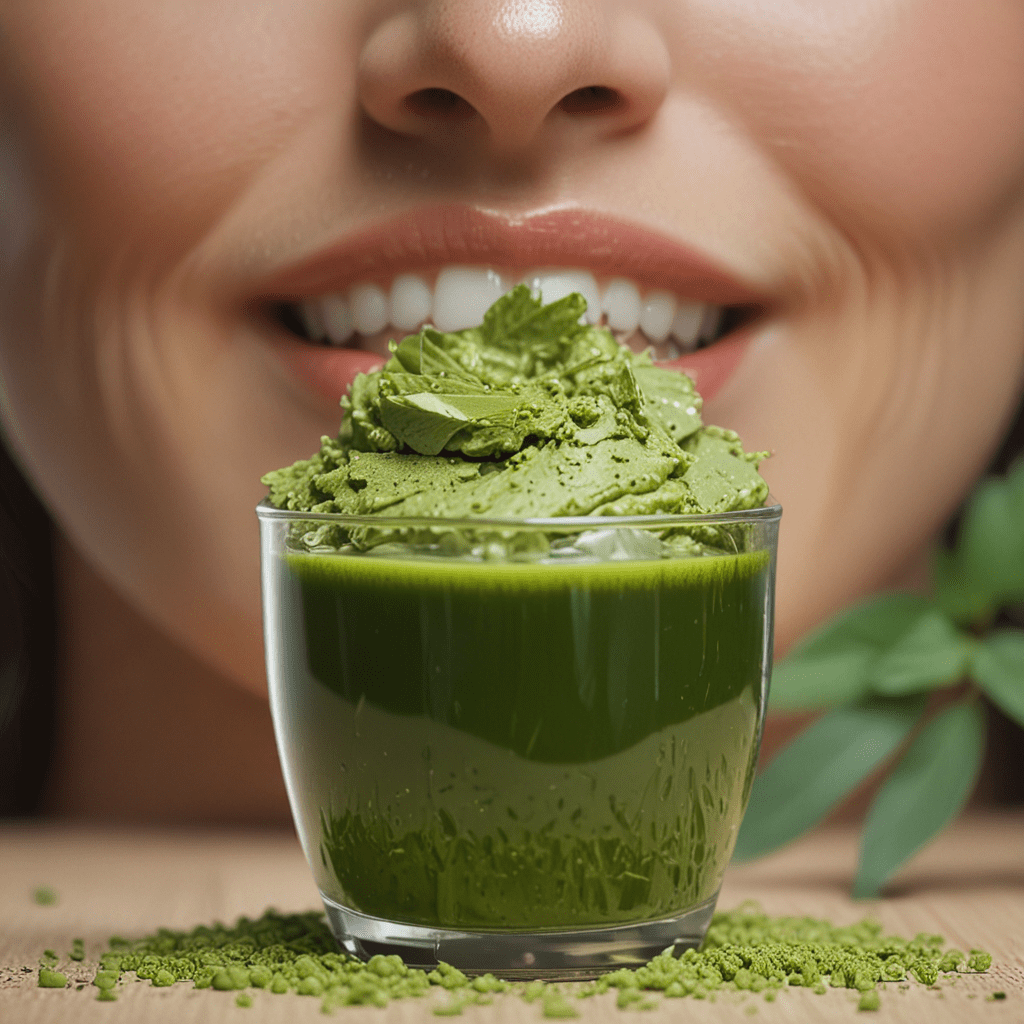
Chai Tea and Its Warming Qualities
Chai tea, a beloved beverage with origins in South Asia, has gained immense popularity globally for its distinctive flavors and its comforting warmth. This invigorating blend of black tea, spices, and milk exudes an inviting aroma and offers a host of health benefits, making it a perfect choice for chilly weather.
The Ingredients of Chai Tea
The essence of chai tea lies in its carefully selected ingredients. Black tea forms the base, providing a robust flavor foundation. This is adorned with a captivating symphony of spices, including cinnamon, cardamom, ginger, and cloves. Each spice contributes its unique essence, ranging from the sweet warmth of cinnamon to the zesty kick of ginger. Milk or creamer is added to round out the flavors and create a smooth, delectable beverage.
The Science Behind the Warming Effects
The warming sensation associated with chai tea is attributed to a combination of factors. Caffeine, a stimulant present in black tea, triggers a rise in body temperature and heart rate, promoting a feeling of alertness and vitality. Moreover, ginger, a key ingredient in chai tea, contains capsaicin, a compound that interacts with receptors in the body, creating a sensation of warmth and soothing any discomfort.
Health Benefits of Chai Tea
Beyond its comforting warmth, chai tea is also recognized for its health-promoting properties. The spices used in chai possess anti-inflammatory and antioxidant qualities. Cinnamon, for instance, has been linked to reduced inflammation, while ginger is known to aid digestion and alleviate nausea. The antioxidants present in chai tea can help combat free radicals, boosting overall well-being.
6. Traditional Chai Tea Recipes
The world of chai tea is as diverse as the cultures that embrace it. Traditional recipes vary based on regional preferences and family traditions. In India, chai is often prepared with a blend of black tea, milk, and a generous amount of spices, including cinnamon, cardamom, ginger, and cloves. In Thailand, chai is infused with lemongrass and kaffir lime leaves, creating a unique and refreshing twist.
7. Chai Tea as a Cultural Beverage
Chai tea has deep cultural significance in various countries. In India, it is a ubiquitous beverage, enjoyed in homes, street stalls, and religious ceremonies. In Pakistan, chai is a symbol of hospitality and is often served to guests as a gesture of warmth and welcome. In many parts of the world, chai tea is associated with spiritual practices, such as yoga and meditation.
8. Modern Adaptations of Chai Tea
In recent years, chai tea has made its way into the mainstream and has been adapted into a variety of modern creations. Chai lattes, a popular café staple, blend chai tea with steamed milk, creating a creamy and indulgent beverage. Iced chai tea, a refreshing alternative for warmer months, is made with chilled chai tea concentrate and served over ice.
9. The Perfect Chai Tea Experience
The art of brewing the perfect cup of chai tea lies in finding the ideal balance of flavors and aromas. Using high-quality black tea and freshly ground spices is essential. Experiment with different proportions of spices to create a blend that suits your taste. Let the chai tea steep for a few minutes to allow the flavors to fully develop. Serve hot and savor the warmth and comfort it provides.
10. Conclusion
Chai tea is a beverage that embodies warmth, comfort, and health. Its blend of black tea, spices, and milk offers a unique and revitalizing experience that has captured the hearts of tea enthusiasts worldwide. Embracing the comforting effects of chai tea is a simple yet profound way to enhance well-being, connect with cultures, and enjoy the simple pleasures of life.
FAQs
Q: Is chai tea caffeinated?
A: Yes, chai tea typically contains caffeine as it is made with black tea.
Q: What are the health benefits of chai tea?
A: Chai tea offers several potential health benefits, including anti-inflammatory properties, improved digestion, and stress reduction.
Q: Can I make chai tea at home?
A: Yes, making chai tea at home is relatively easy. Simply combine black tea, spices of your choice, milk, and a sweetener if desired.
Q: What is the difference between chai tea and masala chai?
A: Chai tea and masala chai are often used interchangeably, although "masala" means "spices" in Hindi, so masala chai refers specifically to chai tea made with a blend of spices.

